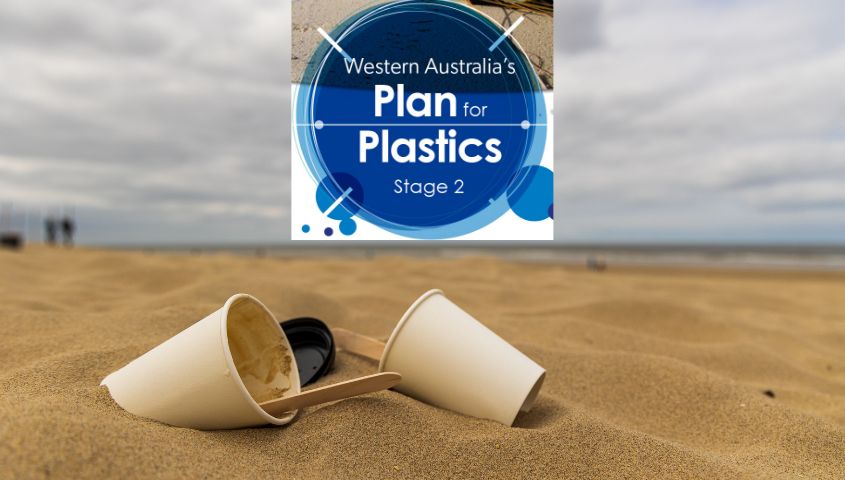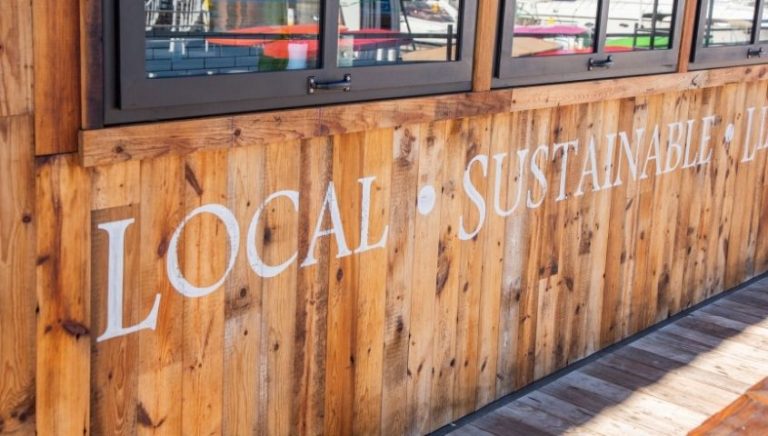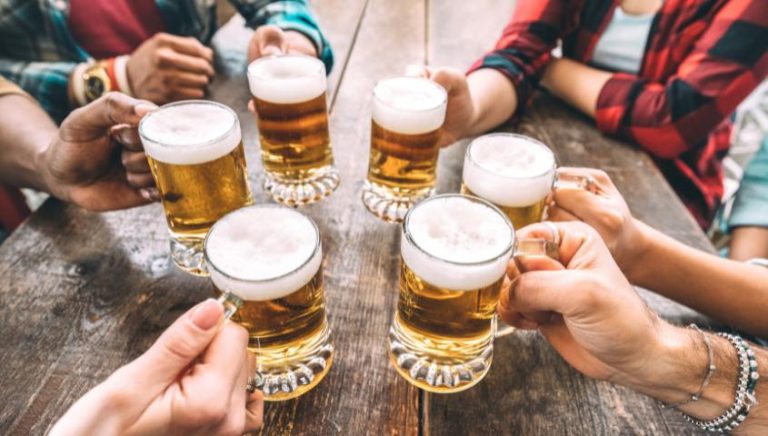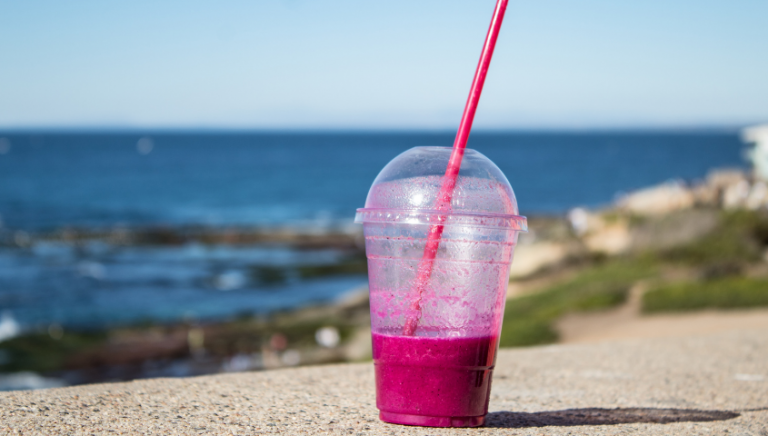Stage 2 of the WA Plan for Plastics comes into effect on 27 February 2023. While it’s a positive step towards reducing waste and promoting sustainability, it’s worth noting that there are challenges to properly disposing of coffee cups and other compostable items that will replace banned items.
The Stage 2 regulations will ban:
- Expanded polystyrene packaging (loose) – from 1 September 2023
- Expanded polystyrene packaging (moulded) – from 1 July 2025
- Expanded polystyrene cups and trays for raw meat and seafood – from 1 September 2023
- Degradable plastics – from 1 September 2023
- Produce bags – from 1 March 2024
- Coffee cups and all disposable plastic cup lids – from 1 March 2024
- Lids for bowls, trays, plates and takeaway food containers – from 1 September 2024
- Trays for takeaway food not covered in the Stage 1 ban – from 1 March 2024
- Cotton buds with plastic stems – from 1 September 2023
- Microbeads – from 1 September 2023
The ban will apply to all businesses and organizations in Western Australia, including cafes, restaurants, bars, and retailers.*
In this post, you will learn:
- 1. What type of coffee cup is truly ‘green’.
- 2. Why can’t we recycle coffee cups?
- 3. What are the challenges of composting coffee cups?
- 4. How can you avoid contributing to billions of cups ending up in landfill each year?
- 5. How truly sustainable venues deal with coffee cups in WA.
- 6. What did the WA plastic coffee cup ban fail to do?
While the new ban is a positive step towards reducing plastic waste, it is important to note that it is only a starting point. Many single-use items that are not included in the ban, such as coffee cups, are still significant sources of waste. According to the Australian Department of Agriculture, Water and the Environment, Australians use an estimated 1 billion disposable coffee cups each year and most of these end up in landfills.
1. What type of coffee cup is truly ‘green’?
A reusable cup is the best option. Ideally, a cup that you can hold on to for the rest of your life and recycle at the end of its life. For example, not a cup made from two mixed materials (coffee grounds and plastic) that no one can recycle. (Yes, I’m looking at you, Husky cups!)
2. Why can’t we recycle coffee cups?
Coffee cups are not made just from cardboard, they have a plastic or polylactic acid (PLA) lining that is difficult to separate. Plus your cup is now contaminated with your latte fluff. All takeaway cups belong in your general waste bin.
3. What are the challenges of composting coffee cups?
- missing infrastructure to capture compostable items such as coffee cups, paper bowls etc.
- contamination of FOGO bins with non-certified, PLA or plastic-lined cups
- lack of knowledge about home/commercially certified cups and how to recognise them
- PFAS aka forever chemicals in some brands that contaminate compost and our soil
These challenges are complex and context-specific to each Australian state. When I first published this on social media, I become apparent that many people perceive the absence of food organics and garden organics (FOGO) bins or facilities as the primary challenge. While the lack of FOGO bins in 2023 is staggering, the challenge is more complex and comes down to a) infrastructure b) contamination c) lack of education/awareness. At the time of writing this article (Feb 2023), there is only one company offering FOGO bins for commercial (Write Solutions) and very few councils providing FOGO bins to commercial venues (e.g. Subiaco, Bassendean).
Despite the potential for cups to be collected and transported to composting facilities, the presence of non-certified cups poses a significant challenge. This predicament can be attributed to a lack of knowledge and understanding regarding the proper identification of home or commercially compostable cups that have been officially certified. Given the immense task of segregating contaminated cups, composting facilities struggle to implement measures to combat this issue. Furthermore, it is arguable that the value added to the soil is negligible when compared to the benefits of composting coffee grounds or food waste.
4. How can you avoid contributing to billions of cups ending up in landfill each year?
Buy a reusable coffee cup. If you happen to forget your cup, sit down, smell the beans, and enjoy a coffee from a porcelain cup. I have a simple rule “no coffee cup, no takeaway coffee” that I teach to all my friends.
5. How truly sustainable venues deal with coffee cups in WA.
- They offer reusable alternatives such as a mug library and reusable cup network (Renome in WA).
- They charge more for T/A cups because it costs them more to buy them.
Businesses can play a key role in reducing plastic waste by offering sustainable alternatives and charging extra for single-use items. According to a report by the Ellen MacArthur Foundation, charging extra for single-use cups can help incentivize customers to bring their own cups or opt for reusable alternatives, and can help businesses save money in the long run by reducing waste and resource use.
There is a plethora of free resources and support for switching to reusables from Responsible Cafes and WA Plastic Free.
6. What did the WA plastic coffee cup ban fail to do?
It failed to put all venues into one boat. Venues’ biggest fear is losing customers if they don’t provide T/A cups. If we banned single-use entirely and everywhere, customers would adjust. (Just like they did with reusable shopping bags.) Swapping plastic-lined single-use cups for home-compostable cups without infrastructure or FOGO bins in every council means replacing single-use with single-use.
In conclusion, the new ban on single-use plastics in Western Australia is an important step towards a more sustainable future, but it is just the beginning. We all have a role to play in reducing plastic waste and protecting our environment, and one of the simplest steps we can take is to choose reusable options wherever possible. By making small changes in our daily lives, we can make a big difference in the health of our planet.
*You can find more information regarding Stage 2 regulations on this government’s website.



